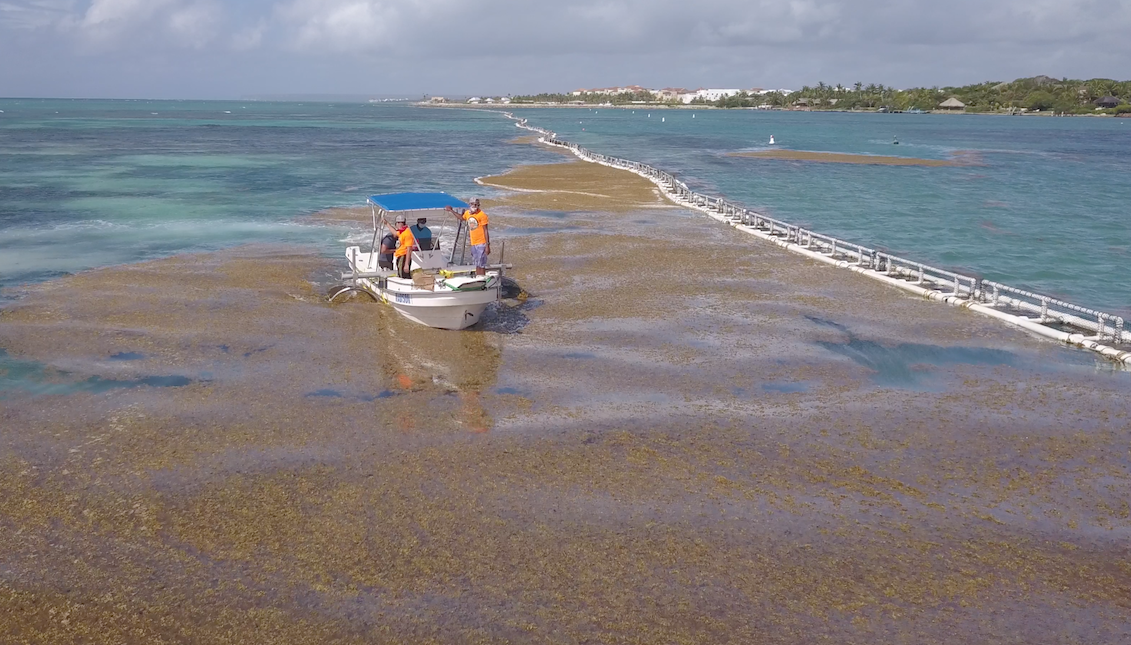
Students speak out against youth incarceration
The U.S. incarcerates youth more than any other developed country. In 1995, youth incarceration peaked to more than 107,000 in a single day.
However, recent statistics show the rate has dropped to 70,000 in 2010. Despite the decline, the U.S. continues to be a larger share of youth imprisonment. As part of the 2nd annual National Week of Action Against Incarcerating Youth (Thursday, May 15 to Sunday, May 25) activists are protesting in different locations to raise awareness about the number of kids being sent to prison.
On Tuesday, May 20, Chicago students spoke out about youth imprisonment and demanded more investments in public schools and community programs, according to Progress Illinois. "We are here to speak the names of those who have fallen victim to mass incarceration," one protester said in an online video. Last year, 50 schools were shut down in response to budget shortfalls making Chicago the first city to close more than 40 schools at one time.
With massive school shutdowns occurring across the country, some call the closings a "school-to-prison-pipeline" when policies and practices push children, particularly in poor neighborhoods, out of schools and into juvenile justice systems. Children in poverty-stricken neighborhoods lack supportive resources to help them thrive in a challenging environment, and as a result, some turn to criminal activity in order to survive.
"Somebody told me when you close a school, you open a prison," Malcolm London, member of Black Youth Project 100 said.
In a report by the Chicago Youth Justice Data Project, sending adolescents to jail is not a constructive way of dealing with young people in conflict. "Incarceration of adolescents is expensive, traumatic, disruptive and ineffective. Exploring alternative strategies for working with youth in conflict with the law offers rich opportunities to promote community well-being while saving money," the report stated.
Juvenile Corruption
Youth who enter the juvenile justice system are often denied legal representation in court, more than 80 percent don't have lawyers to accompany them, according to American Civil Liberties Union. Those students tend to receive harsher punishments for minor offenses such as extended sentences in juvenile facilities. As a result, they face barriers re-entering society and traditional schools. For example, two judges in Luzerne County received millions of dollars in exchange for sending youth to juvenile facilities that affected more than 2500 lives.









DEJE UN COMENTARIO:
¡Únete a la discusión! Deja un comentario.